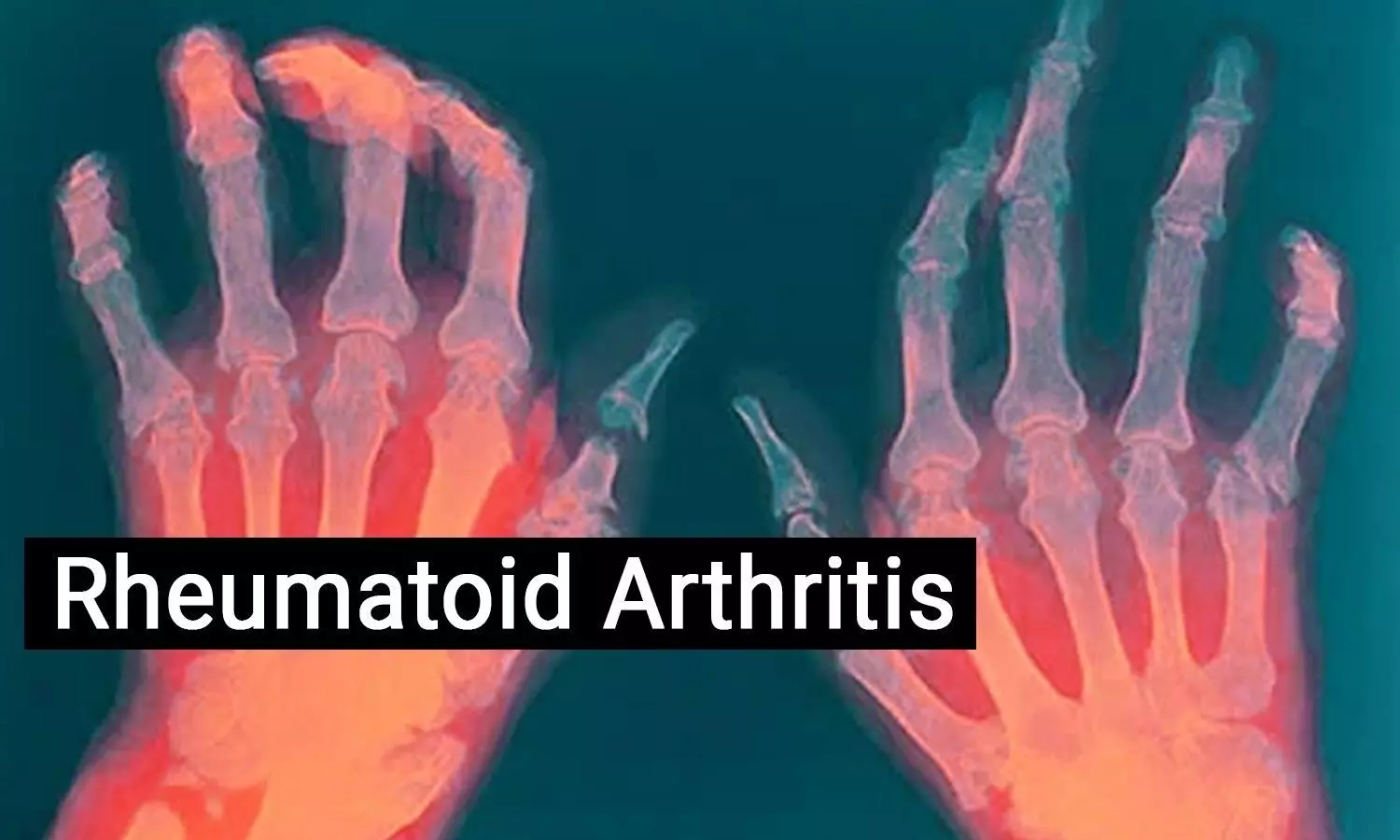Novel Blood-Based Assay distinguishes Seropositive and seronegative RA patients from other inflammatory diseases.

In a groundbreaking development, scientists have unveiled a novel blood-based assay that shows promise in accurately differentiating individuals with rheumatoid arthritis (RA) from healthy controls and those with various inflammatory conditions. The novel assay showed high specificity and maintained sensitivity in seronegative individuals. This breakthrough addresses a significant challenge in current medical practices, where distinguishing between seropositive and seronegative RA remains a complex task.
The study results were presented in the recent ACR Convergence 2023 on November 15, 2023.
Current medical practices face challenges in effectively distinguishing between seropositive and seronegative rheumatoid arthritis (RA) and other conditions. Hence, researchers conducted a study to assess the practicality of a novel blood-based assay in clinically differentiating individuals with RA from healthy controls and those with various conditions, such as osteoarthritis (OA) and inflammatory disorders. The study, conducted on 89 individuals meeting the stringent 2010 ACR/EULAR classification criteria for RA, aimed to assess the clinical feasibility of this innovative blood test. The participants included 29 healthy controls, 12 individuals with osteoarthritis, and 61 individuals with inflammatory conditions. Plasma samples underwent processing using a sophisticated chromatin enrichment assay, enabling access to tissue and disease-specific genetic signatures. The probabilistic estimates for the presence or absence of the disease were assessed by using a machine-learning algorithm that identified the synovial signatures in blood plasma.
Findings:
Among the total, 70% were seropositive, 30% were seronegative, and 96% were biologically naive.
The blood test exhibited exceptional overall accuracy for distinguishing RA from non-RA, with an area under the curve (AUC) of 0.991.
Sensitivity, crucial for identifying true positives, stood at an impressive 90.8%, demonstrating the test's ability to correctly identify RA patients.
Overall specificity, measuring the ability to correctly identify true negatives, reached 96.1%.
Notably, the assay maintained a high sensitivity of 83.7% in individuals with seronegative RA, a subgroup where traditional diagnostic challenges often arise.
Across Comparator Conditions:
The blood test showcased remarkable specificity across various comparator conditions:
|
80.0% for |
psoriatic arthritis. |
|
88.3% for |
osteoarthritis. |
|
92.2% for |
psoriasis. |
|
95.4% for |
ankylosing spondylitis. |
|
100% for |
healthy controls, Crohn’s disease, and ulcerative colitis. |
These results indicate that the non-invasive blood test effectively differentiates between RA and non-RA conditions, offering a significant leap forward in diagnostic accuracy. Importantly, the test's specificity remained consistently high across diverse comparator cohorts, including individuals with osteoarthritis and various inflammatory conditions.
While these findings hold great promise, the researchers emphasize the importance of further research to validate and confirm these results in independent studies. This innovative blood test could revolutionize the diagnostic landscape for RA, providing a more accurate and less invasive method for identifying and distinguishing this complex autoimmune condition. The potential impact on patient care and outcomes is substantial, marking a significant stride towards precision medicine in rheumatoid arthritis diagnosis.
Further reading: A Novel Blood-Based Assay Differentiates Seropositive and Seronegative Rheumatoid Arthritis from Healthy Individuals and Those with Other Inflammatory Diseases or Osteoarthritis. ACR Convergence 2023
from Medical News, Health News Latest, Medical News Today - Medical Dialogues | https://ift.tt/R1sZrW9


Comments
Post a Comment